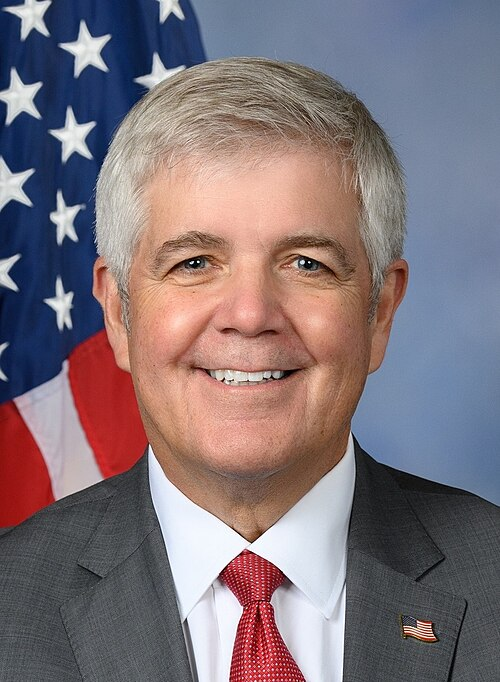H.R. 4139: Cutting Copays Act
The bill known as the Cutting Copays Act aims to amend the Medicare Part D program, specifically focusing on cost-sharing reductions for low-income individuals who are enrolled in Medicare. Here are the main points outlining the bill's provisions:
Cost-Share Adjustments for Low-Income Individuals
The bill proposes changes to the copay amounts that low-income individuals must pay when they obtain medications through Medicare Part D. The adjustments are as follows:
- For plan years before 2026:
- For generic drugs or preferred drugs that are multiple-source (essentially, drugs produced by several manufacturers), the copayment will be set at $1, or less, based on the individual's applicable copayment amount.
- For any other drugs, the copayment will be set at $3, or less, based on the individual's applicable copayment amount.
- For plan year 2026:
- The copayment for generic drugs will be lowered to $0.
- For other drugs, the copayment will default to a predefined dollar amount determined from the plan year 2023, similar to the earlier provisions but adjusted for price changes.
- For subsequent years after 2026:
- The copayment amounts will be adjusted annually based on the increase in the consumer price index (CPI) to account for inflation.
Impact on Medicare Part D Beneficiaries
This bill aims to reduce the financial burden of medication costs for low-income Medicare beneficiaries. By lowering copayments, especially to $0 for generic drugs in 2026, it is intended to improve access to necessary medications for those who may struggle to afford them.
Administration and Oversight
The bill will be directed to the appropriate congressional committees for further review and potential adjustments, ensuring that the implementation aligns with existing Medicare regulations and the best interests of its beneficiaries.
Summary of Changes to Copayment Structure
In summary, the key changes proposed by the Cutting Copays Act focus on:
- Reducing copayment costs for generic and other medications for low-income Medicare beneficiaries.
- Implementing a $0 copayment for generic drugs starting in 2026.
- Establishing a mechanism for future adjustments based on inflation, ensuring that copayment amounts remain relevant over time.
Relevant Companies
- PFE - Pfizer Inc.: The company may be impacted by changes in Medicare Part D as the adjustments could affect the pricing and marketability of its medications.
- LLY - Eli Lilly and Company: With its portfolio of branded medications, changes in copayment structures may influence Eli Lilly's sales to Medicare beneficiaries.
- AMGN - Amgen Inc.: As a biopharmaceutical company, Amgen's products may be subject to the cost-sharing adjustments proposed in this bill, affecting their accessibility to low-income patients.
This is an AI-generated summary of the bill text. There may be mistakes.
Sponsors
2 bill sponsors
Actions
2 actions
| Date | Action |
|---|---|
| Jun. 25, 2025 | Introduced in House |
| Jun. 25, 2025 | Referred to the Committee on Energy and Commerce, and in addition to the Committee on Ways and Means, for a period to be subsequently determined by the Speaker, in each case for consideration of such provisions as fall within the jurisdiction of the committee concerned. |
Corporate Lobbying
0 companies lobbying
None found.
* Note that there can be significant delays in lobbying disclosures, and our data may be incomplete.





































